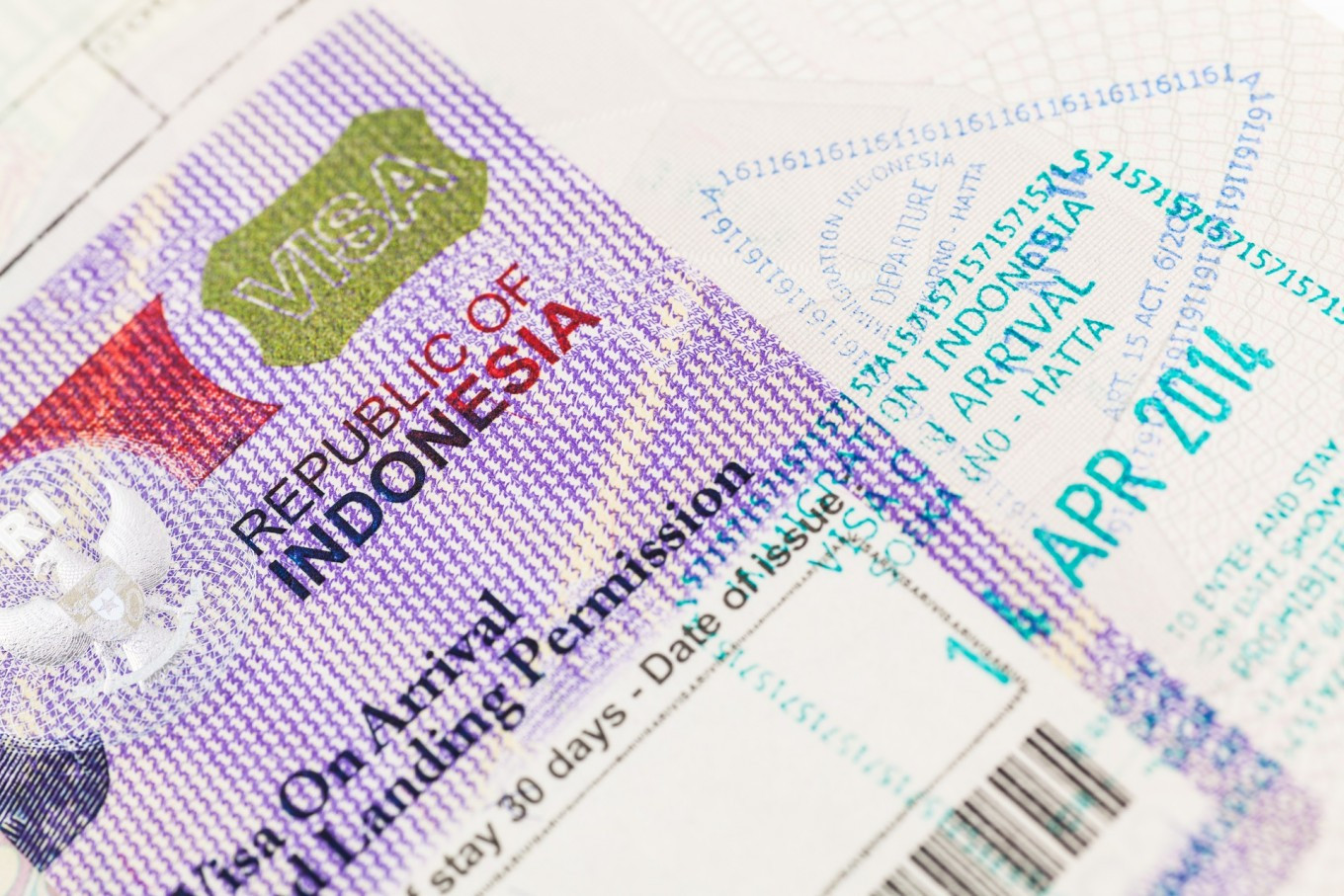News
Influencer's arrest in Myanmar shows RI's weak overseas protection
Tenggara Strategics July 17, 2025 Image
Image
An Indonesian national, identified by the initials AP, was arrested in Myanmar for illegally entering the country and engaging with the Karen National Union (KNU), an armed group designated as a banned organization by local authorities.
AP, an influencer back home, had traveled to Myanmar to attend a friend's wedding and subsequently shared photographs from the event posing with KNU members. He was arrested on Dec. 20, 2024, and a Myanmar court has since sentenced him to seven years in prison.
Judha Nugraha, director for the protection of Indonesian citizens at the Foreign Affairs Ministry, said AP was charged under Myanmar’s Anti-Terrorism Law, the 1947 Immigration Act and Section 17(2) of the Unlawful Associations Act. This case gained public attention not from the ministry, but from advocacy by Abraham Sridjaja, a member of Commission I overseeing foreign affairs of the House of Representatives, who urged the ministry to treat the matter with utmost seriousness.
AP's case underscores a broader challenge for the Indonesian government: The escalating number of legal issues involving its citizens overseas. Since 2024, hundreds of Indonesians have faced serious charges abroad, including 157 ongoing cases involving the death penalty. These cases are predominantly in Malaysia, with 147 instances, followed by 4 in Laos, 3 in the United Arab Emirates, 2 in Saudi Arabia and 1 in Vietnam.
Deputy Foreign Minister Arrmanatha Christiawan Nasir explained that 111 of these cases involved drug-related offenses, while 46 were linked to murder charges. Despite these grim statistics, the Indonesian government successfully intervened and secured the release of 137 citizens facing the death penalty in 2024, comprising 114 men and 23 women.
The complexity and sheer volume of such offenses are anticipated to rise due to the increasing prevalence of online gambling and human trafficking, crimes in which Indonesians are frequently involved. These individuals often remain undetected by Indonesian authorities until their cases attract media and public attention, prompting official awareness and intervention.
Driven by limited employment opportunities at home, more Indonesian citizens are seeking work abroad, often in low-skilled sectors and in countries where the death penalty remains legal. This situation creates a significant challenge for the government, as the number of citizens it can rescue from capital punishment may consistently fall short compared to the number of those who ultimately receive final death sentences.
One of the key challenges facing the government in protecting its citizens abroad is the lack of self-reporting by nationals to Indonesian missions. This issue is further compounded by recurrent budget cuts to the citizen protection program within the Foreign Ministry, particularly due to the government’s push for efficiency.
In 2025, the budget for citizen protection and public service programs was initially set at Rp 288,22 billion (US$18 million) but was later reduced to Rp 223.74 billion. The indicative ceiling for 2026 has declined even further, as determined by the Finance Ministry, to just Rp 189 billion.
In response, the Foreign Ministry has requested an additional Rp 101 billion. This proposal is likely to receive support from the House before being submitted to the Finance Ministry for further review ahead of the final budget determination in August.
To address the recurring legal challenges faced by Indonesian citizens abroad, the government must enhance cooperation with host countries to obtain accurate and real-time data on incoming Indonesian nationals. This proactive approach would enable Indonesian missions to better monitor and respond to potential legal risks in a timely and effective manner.
It remains to be seen how Indonesian diplomats can help release AP and bring him back home, given Indonesia’s strained ties with the Myanmar junta. But his case is a litmus test of the government’s will to fulfill the constitutional mandate of protecting its citizens anywhere in the world.
What we've heard
A source close to the government revealed that the Defense Ministry, in coordination with the Foreign Ministry, has initiated communication with representatives of the Myanmar junta. This engagement is a form of defense diplomacy and was undertaken because it was a condition requested by Myanmar’s military regime.

